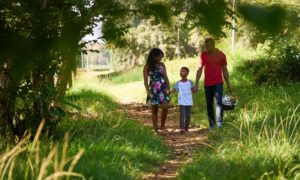UCLA AIDS Institute
Newly homeless youth are more likely to engage in risky sexual behavior if they stay in non-family settings – such as in friends’ homes, in abandoned buildings or on the streets – because they lack supervision and social support, says this study from the University of California at Los Angeles. It also found that drugs played a role in increasing sexual risks: Males were more likely to have multiple sex partners if they abused drugs and lived in settings without family members. For females, drug abuse was the primary predictor of risky sexual behavior.
Researchers concluded that interventions aimed at reducing sexual risk behaviors need to include helping youth find housing associated with supervision and social support (such as family and institutional settings) as well as aiming to reduce drug use. The study appeared in the Journal of Adolescent Health Care. The UCLA AIDS Institute is a multidisciplinary think tank whose findings have led to advances in treating HIV. Free. 9 pages. (310) 794-2273.































